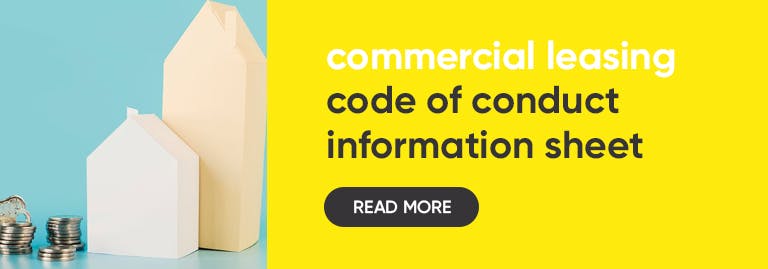The impact of Coronavirus shutdowns means that many businesses may be unable to pay all or a portion of their rent. How landlords and tenants will deal with this situation remains one of the great unknowns of the current business continuity discussion.
What’s becoming clear is that in the future, stable paying tenants will be very valuable and probably hard to find. Similarly, we don’t want landlords going broke either and therefore a co-operative approach is essential.
One of the challenges with this current situation is that it is well beyond what’s contemplated by legislation or leases, effectively making it a commercial negotiation between two parties.
This negotiation is further complicated by:
- the great variety of tenants and landlords, all impacted differently
- the difference in bargaining strength between the parties
- the need for flexibility as the real impacts on business are yet to be seen
- dealing with an intermediary, like a leasing agent, and not the decision-maker may complicate the process
With that in mind what can you do as a tenant if you are in a position where you can’t pay your rent:
- Communicate, don’t ignore the issue and be proactive with your landlord
- Keep communicating, don’t just fire off an email and think it’s handled
- Keep good file notes: Date & document everything. If you have a phone call, then confirm the discussion by email afterwards
- If you are dealing with an agent, then copy in the landlord or their solicitor if you can
- Be honest, upfront and transparent
- Know your numbers. Consider the impact of any drop in sales on your gross profit dollars as this is where your rent and other running costs are paid from.
- Be prepared to share information about what’s happening in your business and the impact you have suffered
If you are discussing options with your landlord:
The language you use is very important. The Prime Minister has talked about affected businesses going into ‘hibernation’ for a period which may mean it is more appropriate to request a ‘pause’ on your lease for a period of time.
Avoid using terms like ‘deferral’ as this may imply a requirement to repay amounts in the future which if you have no revenue is only accumulating further debt.
- Tell the landlord what you intend to do and for how long, remembering you may need to re-assess your ability to pay in another few weeks or months. Use your data to support your negotiation.
- Consider what other alternatives are available – is a percentage of turnover rent an option?
- Be prepared to push back and not simply accept no for an answer. Both landlords and tenants need to be prepared to have the hard discussions with banks and other stakeholders.
- Keep in mind that when the government directives are lifted, the business will not return to normal overnight and you will likely need some concessions for a period while you resume normal trading.
This current situation is not about giving a free-kick to tenants but rather working together to build a bridge to the other side. Everyone will need to take a hit to get there and outcomes need to be equitable for both sides.
If you need assistance, have any questions that need answering, or would like to discuss your situation further, reach out to myself or any of our advisory team members.
General advice disclaimer
Information provided on this website is general in nature and does not constitute financial or legal advice. Before making any decision, we recommend that you obtain professional advice that takes in to account your individual objectives, circumstances and needs.





















































